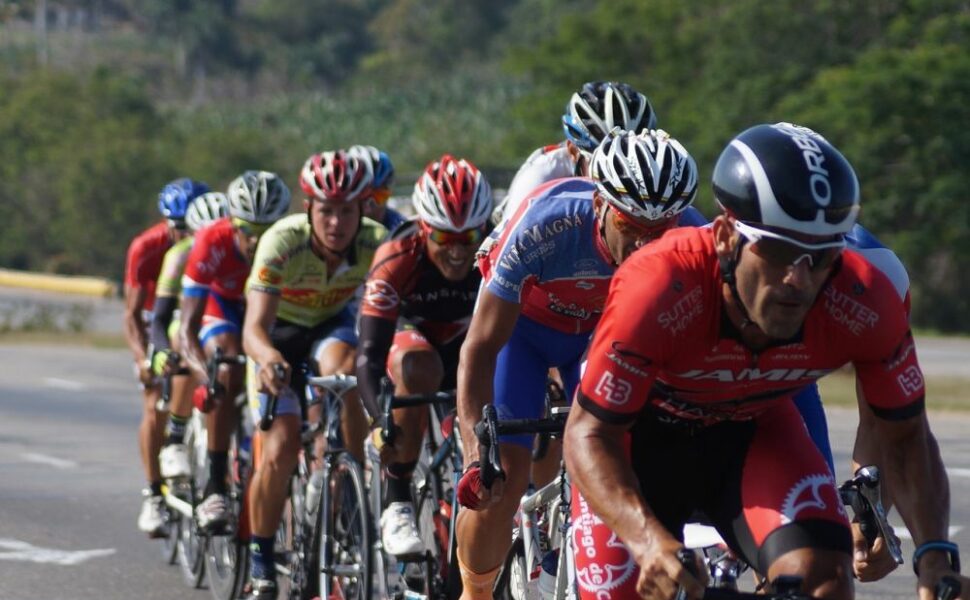Tour de France Winners: A Historic Journey of Excellence in Cycling

Introduction:
Tour de France, the world’s most prestigious and grueling bicycle race, has captivated sports enthusiasts and cycling fans alike since its inception in 1903. In this comprehensive article, we delve into the essence of Tour de France winners, exploring both their historical significance and the evolution of this iconic race over time. Whether you’re an avid follower of the event or simply curious about the remarkable achievements of these cyclists, this article aims to provide an informative and engaging overview.
A brief overview of Tour de France winners:

Tour de France winners, also known as the Yellow Jersey wearers, are the triumphant cyclists who have conquered the grueling stages, treacherous mountain climbs, and intense sprints to emerge victorious in this extraordinary race. Wearing the iconic Maillot Jaune, Tour de France winners become legends of cycling, representing the pinnacle of physical and mental endurance.
Historical development of Tour de France winners:
1. The early years (1903-1914):
Tour de France’s early years witnessed fierce competition among a diverse range of athletes. In these formative years, the race primarily focused on individual performances, with cyclists like Maurice Garin and Lucien Petit-Breton etching their names in the annals of cycling history.
2. Pause and resurgence (1915-1918):
The outbreak of World War I halted the Tour de France, suspending the race for four years. However, it made a triumphant return in 1919, symbolizing an enduring spirit of resilience and passion for the sport.
3. The emergence of the giants (1920s-1930s):
The 1920s and 1930s witnessed the rise of cycling legends such as Ottavio Bottecchia, Nicolas Frantz, and Antonin Magne. These exceptional riders brought a combination of endurance, strategic acumen, and sheer determination to the forefront, reshaping the landscape of Tour de France winners.
4. The post-war era (1940s-1950s):
The Tour de France resumed after another pause during World War II, presenting an opportunity for new heroes to emerge. The likes of Fausto Coppi and Louison Bobet dominated this era, showcasing their prowess in both the mountains and time trials.
5. Eddy Merckx and the era of domination (1960s-1970s):
Eddy Merckx, widely regarded as one of the greatest cyclists of all time, dominated the Tour de France in the late 1960s and early 1970s. His incredible strength and versatility earned him an unprecedented five victories, solidifying his status as a Tour de France legend.
6. Advent of specialization (1980s-1990s):
The 1980s witnessed the emergence of specialists who excelled in specific race components. Bernard Hinault, Miguel Indurain, and Greg LeMond showcased their mastery in climbing or time trials, etching their names alongside the previous titans of the race.
7. Modern times and a global stage (2000s-present):
The 21st century marked a shifting landscape for Tour de France winners, with an increased international presence and greater competition from riders across the globe. Lance Armstrong’s seven consecutive victories, later stripped due to doping allegations, divided opinions and overshadowed the achievements of other talented athletes.
Conclusion:
Tour de France winners represent the epitome of human endurance and athletic excellence. From the early pioneers to the modern giants, each cyclist who has worn the Yellow Jersey has left an indelible mark on the history of cycling. As the race continues to evolve, bringing new challenges and unexpected triumphs, the allure of Tour de France winners persists, captivating sports and leisure enthusiasts worldwide.
References:
– “The Official Tour de France Website.” tourdefrance.fr
– “Tour de France Winners – A Brief History.” Cycling Passion
– “The Greatest Tour de France Winners of All Time.” Cycling News Magazine
















































